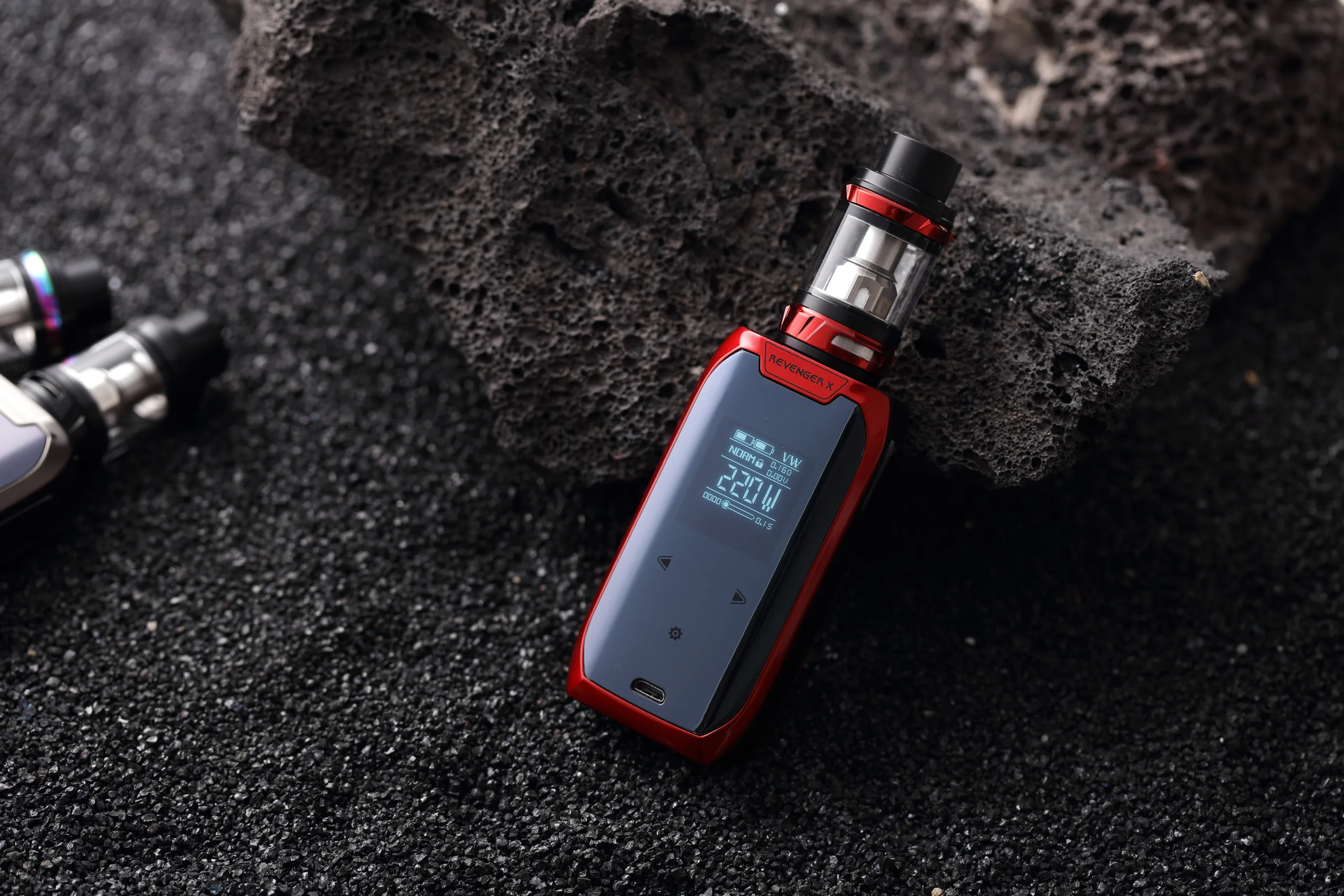Australian vaping laws have changed

It’s possible that you’ve heard Australia “bans” vaping.
What does this signify, though? And what impact are the modifications going to have?
We break down the developments that are taking place here.
What is it that is evolving?
The Australian government outlawed the importing of single-use vape pens starting on January 1, 2024.
Vapes with and without nicotine fall under this category. Electronic cigarettes that are disposable are ones that cannot be recharged or used again.
Additionally, as of March 1, 2024, additional prerequisites will be implemented, such as:
restricting the flavours of imported vapes to mint, menthol or tobacco, and outlawing the importation of any vapes—including rechargeable ones—without a permit and import licence.
There will be certain permissible medicinal vapes. These are e-cigarettes that a physician or nurse practitioner has prescribed to help someone stop smoking or manage their addiction to nicotine.
In order to allow more medical professionals to prescribe therapeutic vapes when they deem it appropriate, the government has also launched a new programme.
It will no longer be possible for anyone with a prescription to import vapes straight from abroad (via the Personal Importation Scheme). Rather, an import permit will be necessary for pharmacies or their suppliers to bring any e-cigarettes (with or without nicotine) into the nation. These will only be sold at a select few licenced pharmacies.
What is it that is evolving?
The Australian government outlawed the importing of single-use vape pens starting on January 1, 2024.
Vapes with and without nicotine fall under this category. Electronic cigarettes that are disposable are ones that cannot be recharged or used again.
Additionally, as of March 1, 2024, additional prerequisites will be implemented, such as:
restricting the flavours of imported vapes to mint, menthol or tobacco, and outlawing the importation of any vapes—including rechargeable ones—without a permit and import licence.
There will be certain permissible medicinal vapes. These are e-cigarettes that a physician or nurse practitioner has prescribed to help someone stop smoking or manage their addiction to nicotine.
Why are Australia’s vaping laws changing?
Concern over young people vaping is growing.
Although there isn’t a lot of recent data on the number of vapers in Australia, what is known indicates that the number is rising, rising from 4.4% in 2016 to 9.7% in 2019.
Additionally, usage seems to be more prevalent among youth:
In 2022–2023 compared to 22.1% of 16–17-year-old pupils, 12.9% of students questioned between the ages of 12 and 15 reported vaping in the previous month.
Of research participants aged 13-19, 66% had experimented with vaping in 2022.
Of the 14–17 year olds surveyed in NSW in 2021, 32% reported having ever tried an e-cigarette.
In 2022, 14% of participants in a nationwide study, ages 15 to 30, said they were currently vaping.
Early in 2023, the TGA requested comments on proposed changes to Australia’s laws governing nicotine-containing e-cigarettes.
Tighter border controls for vapes were backed by all state and territory governments, and a ban on disposable vapes was widely supported.
Symptoms of nicotine withdrawal include:
irritation, anxiety, cravings, difficulty focusing, and sleep issues
experiencing depression or sadness.
When someone ceases smoking nicotine, these symptoms typically reach their height in the first several days and begin to subside in the weeks that follow.
What effects will the modifications to the vaping reform have?
The government anticipates that these modifications will lessen teen access to vapes and halt the expanding black market for them.
It has yet to be seen how beneficial the modifications will be. And in order to comprehend the effects, extensive data collecting will be required.
The effectiveness with which importation and sales prohibitions are implemented will determine how easily illegal vaporizers may be obtained.
Acknowledging this, the government has announced additional funds over the next two years to implement and enforce the adjustments, which include the following:
Australian Border Force will receive $25 million.
$56.9 million was given to TGA.
Additional measures are also required to address youth vaping, such as:
enhanced instruction, greater support networks, and youth consultation.
It’s imperative that minors are not criminalised for having a vape pen that contains nicotine without a prescription.
Every state and territory now has criminal penalties in place, and these aren’t anticipated to alter.
The Australian government has said that it will not attempt to criminalise individuals for having a vape pen without a prescription for personal use, even though sanctions will still apply.
That’s a wise decision because it is well known that making drugs illegal hurts people, especially children and the elderly. Effects may consist of:
stigma and prejudice encountered throughout the hiring process as a result of a criminal past have a detrimental overall influence on wellness.
If the difficulties outlined in this article are affecting you, please reach out to us, and we will try our best to help.

